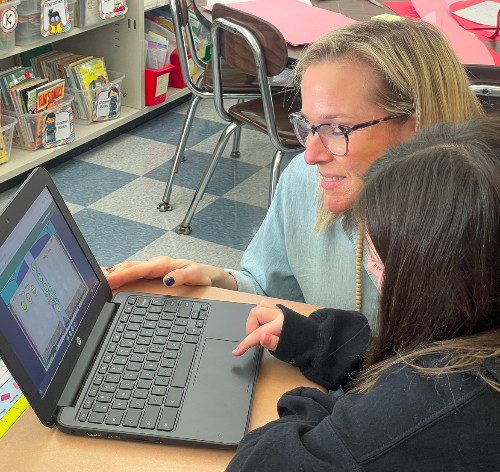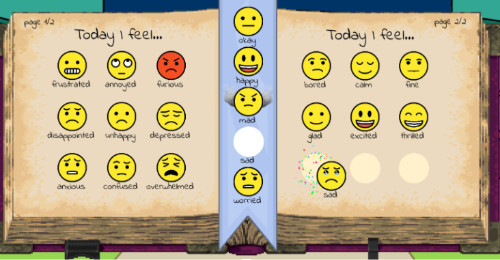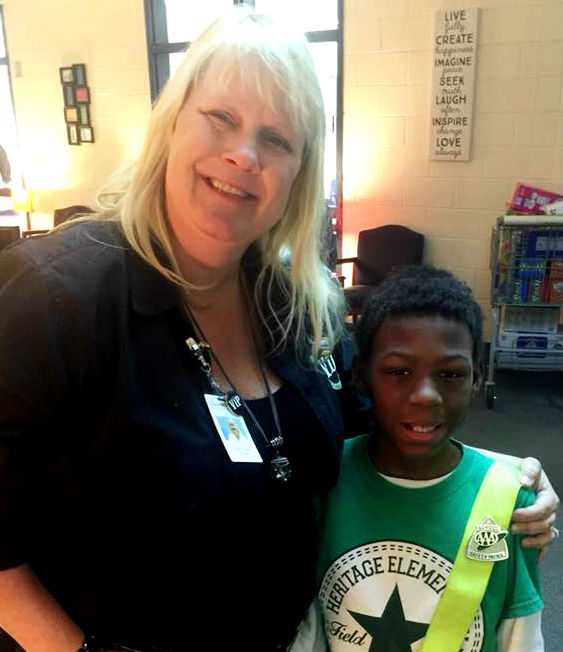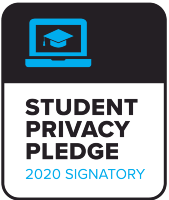Using SEL Check-In Data
Manalapan-Englishtown Regional School District in New Jersey serves approximately 5000 students in grades K-8, and the district has been a Centervention customer since 2018.
We recently caught up with Amy Russin, a school counselor and certified school social worker at Taylor Mills School, to learn more about how she and her students have benefited by using Centervention.
“I was a social worker here on the child study team for almost 15 years. But, I wanted more contact with the students and to be able to apply my skills. So when our school counselor retired, it was an amazing opportunity to work more closely with the students.”
Amy indicated that the Centervention daily emotion check has been an important component to how she uses the program.
“Kids love gaming, obviously.
And students love [the emotion check in] because instead of having to write something on a slip, they can tell me exactly how they feel by looking at a face on the screen and clicking.
It gives me an opportunity to observe and see what’s going on with each student. For example, I might see a student say that ‘I started off today happy, and now I’m kind of like a little sad,’ and gives me an chance to have a little bit of a dialogue with them.
If you’re catching it in the moment, then they take that opportunity to talk to you, which is very important.
And using the interventions creates a different dynamic with the students.
When I’m acting out something in front of the class, they’re like ‘Mrs. Russin, that’s not going to happen,’ but it’s different when they’re playing a game scenario. Now, I see that they have more awareness of situations in real life, and they’re more likely to notice when someone is sitting alone or should be invited to play.
Overall, Centervention has given them many more opportunities to practice all of the things we talk about and work on in the classroom.”
SEL as a Behavioral Intervention
The Challenge
During the first four months of the 2017-2018 school year, Heritage Elementary in Macon, Georgia recorded 36 behavior incidents for their fourth graders. And these weren’t minor infractions; students were fighting, and this wasn’t something that the Principal, Jennifer Askew was used to at her school.
And traditional punishments like detentions and suspensions weren’t effective at changing the behavior. “Suspension doesn’t work,” lamented Askew. “They get in a fight, you send them home for five days, they don’t come back any more equipped to handle what’s going on than before.”
The Solution
The team at Heritage created and piloted a new program with 16 fourth-grade boys: The League of Extraordinary Gentlemen.
To achieve membership in The League of Extraordinary Gentlemen, each student had the opportunity to earn badges in eight different areas over an 11-week period. For example, the boys earned badges for reading a book to a kindergarten student, listening to talks from adult male role models in the community, and for completing Centervention’s Zoo U, an online game that helped them practice social and emotional skills. During their League candidacy, each of the boys had a daily check-in and check-out with an adult mentor in the school. And when a student earned six or more badges, they graduated to become League members, earning a certificate and attending a special ceremony.
The Zoo U program provides personalized data on each student. Students begin by playing six short game scenes that, from their perspective, are a fun game, but provide valuable information to educators on where students currently stand with six social and emotional skills: impulse control, emotion regulation, empathy, communication, cooperation, and social initiation. The data allowed the staff to provide a personalized approach to addressing skill deficits for each student.
You can read the full Positive Behavioral Interventions article here, and learn more about the major impact the program has had.



